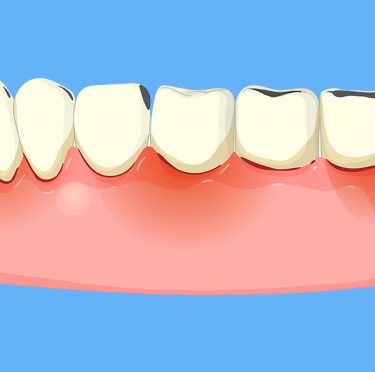The Advantages of Dental Implants for a Beautiful Smile
July 1, 2025You’ve probably seen someone flash a confident, radiant smile and wondered, “What’s their secret?” For many, the answer lies in...
Read More >>Take Back Your Smile: How Deep Cleaning Stops Gum Disease in Its Tracks
June 1, 2025If your gums bleed when you brush, you might need scaling and root planing in Worcester, MA, sooner than you think. This...
Read More >>How TMJ Affects Your Sleep and What You Can Do About It
May 1, 2025Struggling to sleep because your jaw won’t relax? You’re not imagining it—your jaw could be the reason you’re tossing and...
Read More >>What to Expect During a Single Tooth Replacement Procedure at Worcester Periodontics
April 1, 2025Replacing a single missing tooth is a crucial step in restoring oral function, maintaining dental health, and enhancing aesthetics. At...
Read More >>How Periodontal Disease Affects Overall Health and What You Can Do
March 1, 2025Periodontal disease is a chronic condition that impacts oral health and overall well-being. Failure to address it can cause major...
Read More >>Who Needs IV Sedation? Identifying Ideal Candidates for Sedation Dentistry
February 1, 2025Dental anxiety is a common challenge for many patients, making treatments feel overwhelming or even impossible to face. IV sedation...
Read More >>





